
From basic syntax and advanced techniques to practical applications and error handling, here’s how to use node-cron.
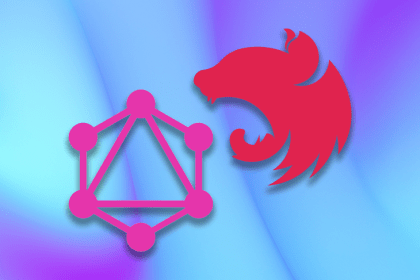
GraphQL provides a complete and understandable description of the data in your API and makes it easier to evolve APIs over time.
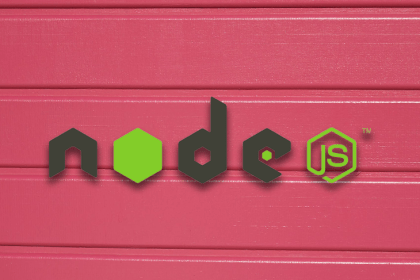
Explore the importance of unit testing in Node.js apps by building a demo app and testing it using Mocha, Chai, and Sinon.
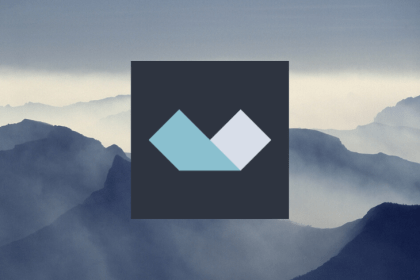
Learn how to use Alpine, a rugged, minimal, frontend development framework for adding JavaScript behavior to HTML markups to harness the reactive and declarative nature of popular frontend libraries at a much lower cost.

Learn how to use Claudia.js to deploy a serverless API to AWS and build and deploy an Express.js application to AWS Lambda.
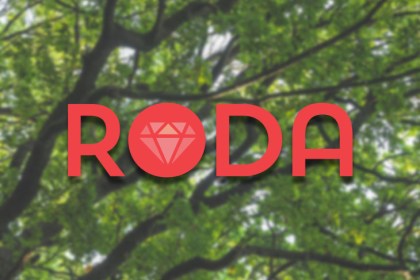
Learn to use Roda, a Ruby framework with a unique routing tree functionality that can serve more requests while using less memory.
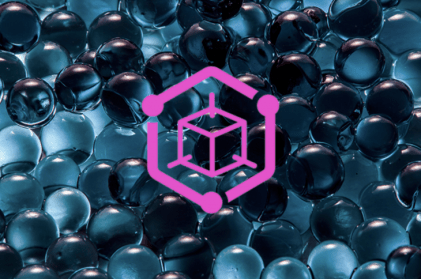
Learn how GraphQL Modules can help create reusable, testable and extendable modules by separating your server into smaller feature based modules.

Use AccessControl for RBAC and ABAC for authorization in a server-side application and authorize routes and UI elements in a client-side application.
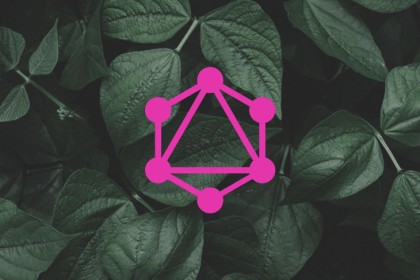
API mocking is a great way to prototype your application when live data is unavailable or unreliable. Learn how to mock GraphQL APIs with json-graphql-server.
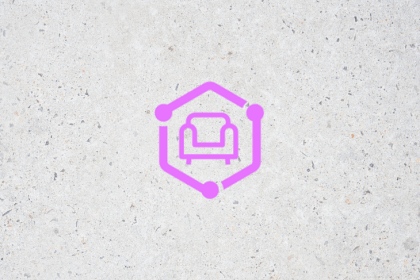
Sofa takes advantage of GraphQL’s standardized schemas and resolvers to map certain API concepts back to REST. It is designed to help you speed up migration to or support of REST in your API and provide your users with different API types.

Queues are helpful for solving common application scaling and performance challenges in an elegant way. Bull is an abstraction/wrapper that takes care of all the low-level details and enriches Redis’ basic functionality so you can more easily handle complex use cases.
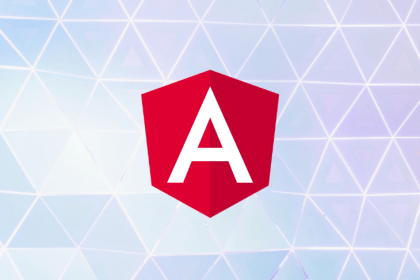
A mere four months after the release of version 9, Angular 10 comes complete with new features, breaking changes, and deprecated APIs.